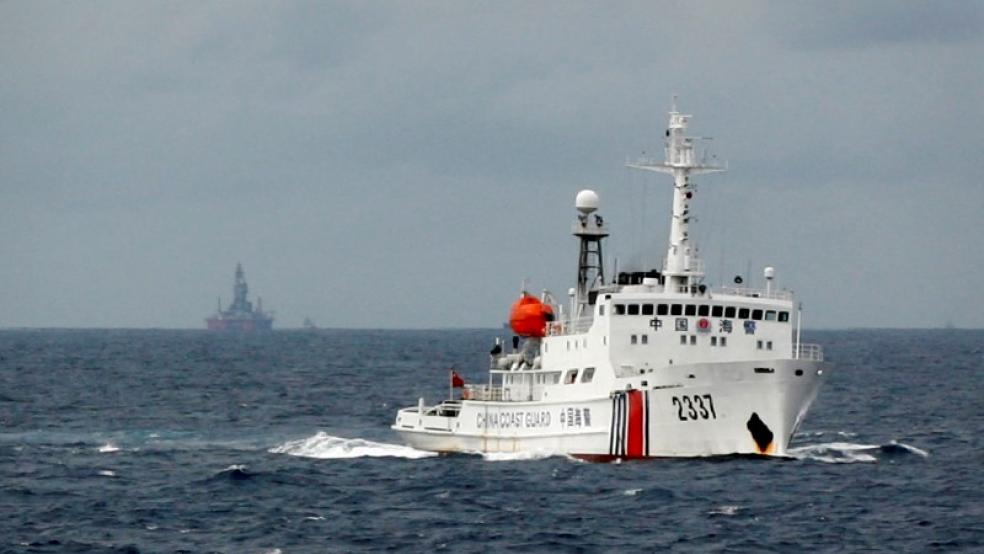Australia, a close ally of the United States, has repeatedly expressed concern over the disputed South China Sea, where China has built manmade islands, some of which are equipped with runways, surface-to-air missiles and radars.
Australia has previously drawn criticism from China for running surveillance flights over the South China Sea and supporting U.S. freedom of navigation exercises there.However, Australia has not conducted a unilateral freedom of navigation voyage of its own.China claims most of the South China Sea, a strategic waterway where $3 trillion worth of goods passes every year. Vietnam, the Philippines, Malaysia, Taiwan and Brunei all have overlapping claims.Meeting in Beijing, China's navy commander Shen Jinlong told Australian Vice Admiral Tim Barrett that at present the situation in the South China Sea was "steady and good", China's Defence Ministry said in a statement late on Thursday."But in the last year the Australian military's series of actions in the South China Sea have run counter to the general trend of peace and stability," the ministry cited Shen as saying, without pointing to any specific examples."This does not accord with the consensus reached by the leaders of the two countries nor the atmosphere of the forward steps in cooperation in all areas between the two countries," Shen added."This also is not beneficial to the overall picture of regional peace and stability."Over the past week or so China and Australia have also traded barbs over Canberra's allegation that Beijing had sought to interfere in Australian politics, with China summoning Australia's ambassador to complain last week.China has continued to install high-frequency radar and other facilities that can be used for military purposes on its man-made islands in the South China Sea, a U.S. think tank said on Thursday.In August, Australia, Japan and the United States urged Southeast Asia and China to ensure that a South China Sea code of conduct they have committed to draw up will be legally binding and said they strongly opposed "coercive unilateral actions". (Reporting by Ben Blanchard; Editing by Michael Perry)China tells Australia off over South China Sea stance

POOL New



